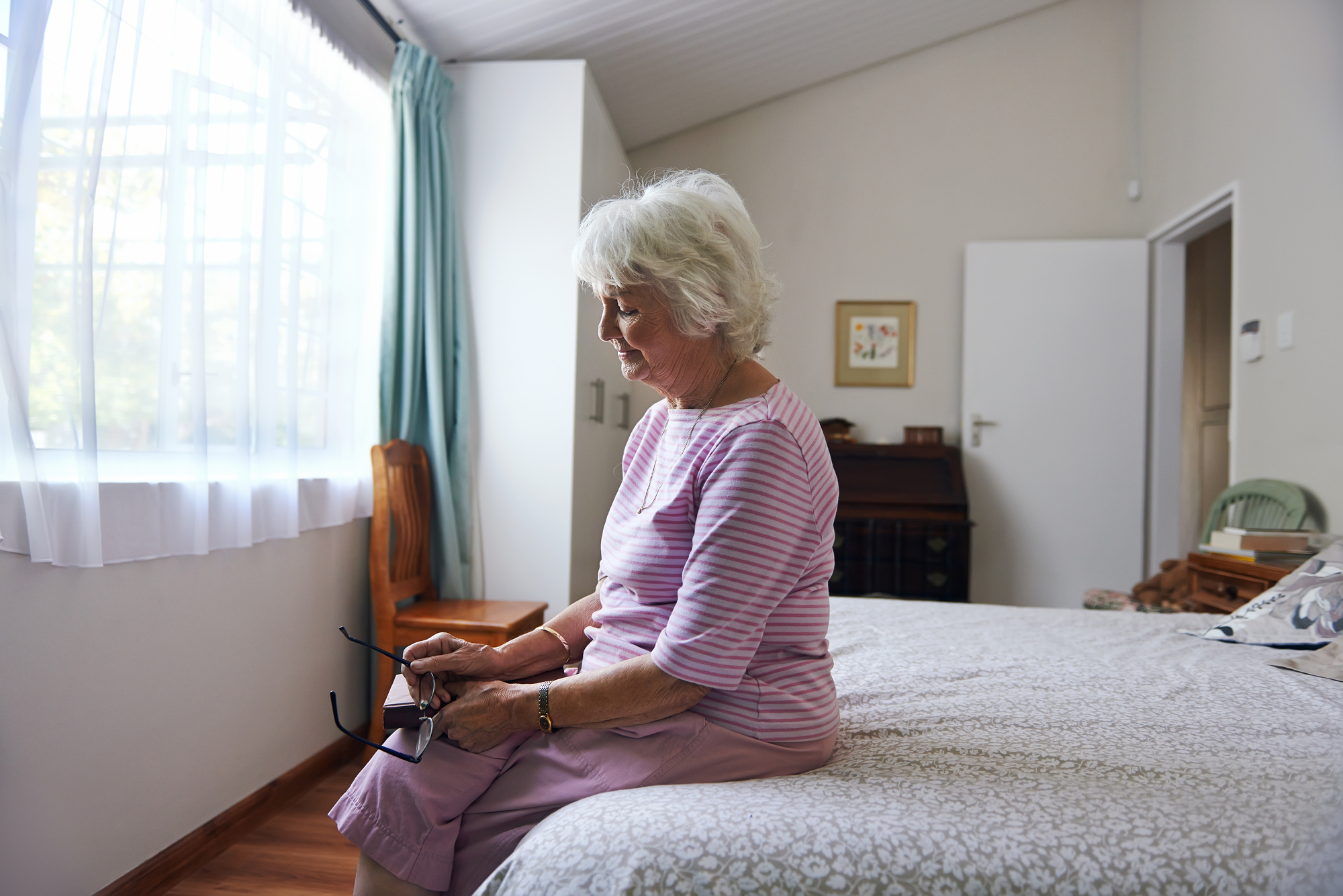Indicators of Abuse

As we’ve seen, abuse among the elderly is, sadly, all too common. It can happen in their own homes or in places like nursing homes or assisted living facilities, and perpetrators can be family members or caregiving professionals. Let’s spend some time looking at some signs and symptoms that can often be indicators that abusive behavior is taking place
Signs and symptoms of abuse or neglect can include, but are not limited to:
- Dehydration, malnutrition (without illness-related cause), untreated bedsores, and poor personal hygiene, unattended or untreated health problems, hazardous or unsafe living conditions/arrangements (like improper wiring, no heat, or no running water).
- Unsanitary and unclean living conditions (like dirt, fleas, lice on person, soiled bedding, fecal or urine odors, or inadequate clothing.
- A nursing home resident’s report of being mistreated.
- An injury that hasn’t been cared for properly.
- an injury that is inconsistent with the explanation for its cause, pain from touching cuts, puncture wounds, burns, bruises, or welts.
- Poor coloration, sunken eyes or cheeks
- Inappropriate administration of medications
- Frequent use of hospital or health care/doctor-shopping
- Lack of necessities, like food, water, or utilities
- Lack of personal effects, pleasant living environment, or personal items.
- Forced isolation
Behavioral signs of abuse may include:
- Fear, anxiety, agitation, or anger
- Isolation, withdrawal, or depression
- Non-responsiveness, resignation, or ambivalence
- Contradictory statements or implausible stories
- Hesitation to talk openly, along with confusion or disorientation
Caregivers can also unknowingly (or knowingly) show signs of abuse toward an elder, such as:
- Keeping an elder from speaking to or seeing visitors
- Anger, indifference, or aggressive behavior toward the elder
- A history of substance abuse, mental illness, criminal behavior, or family violence
- Lack of affection toward the elder
- Flirtation or coyness as a possible indicator of inappropriate sexual relationships
- Conflicting accounts of incidents
- Withholding affection, or
- Talking of the elder as if they were/are a burden
If you or your loved ones suspect that abuse may be taking place, do not be afraid to speak up (on the elder’s behalf, if necessary). It is very important to notify the proper officials (such as the nursing home or assisted living facility administration and/or law enforcement). The sooner that the potential issue is brought to light, the quicker the situation can be dealt with, resolved, and the sooner that you or your loved one can get the proper care that is needed to live a long, happy, and healthy rest of their lives.